Have you ever watched your cat lying silently in the sun, eyes half-closed, barely making a sound, and wondered what it means? For many cat lovers, a quiet cat can feel like a mystery wrapped in soft fur. But what if that silence is actually a sign of deep happiness? Let’s unravel the beautiful secret behind your cat’s quiet moments and discover why those peaceful silences might be the loudest declarations of contentment.
The Language of Silence: Cats Speak Without Words

Cats are masters at communicating without making a sound. Unlike dogs, who bark or whine, cats often use body language, facial expressions, and subtle behaviors to express how they feel. When a cat is emotionally content, they may not feel the need to vocalize. Their relaxed posture, gentle blinks, and calm presence say more than a thousand meows ever could. Think of their silence as a warm hug—comforting, reassuring, and filled with quiet joy.
Understanding Feline Contentment: What Does It Look Like?
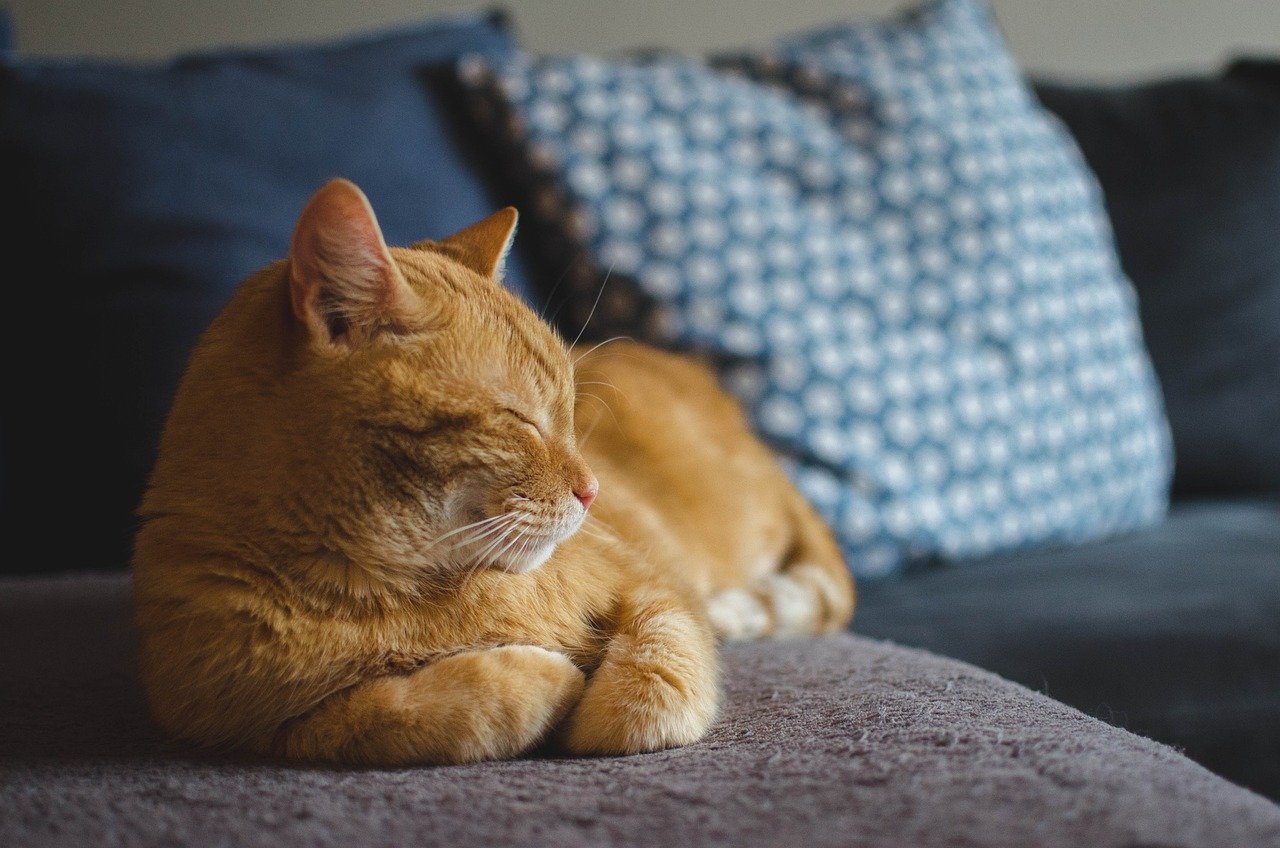
Feline contentment is a state of deep relaxation and happiness. You might see your cat stretched out with their paws tucked under, eyes slowly blinking, or even lightly purring without a sound. Content cats often choose to stay near you, basking in your presence without demanding attention. This serene behavior shows trust, security, and a sense of belonging. When your cat is at ease, their world feels safe, and their silence is their way of savoring the moment.
The Science Behind the Silence: How Cats Process Emotions

Recent studies have shown that cats experience a range of emotions just like humans. When they feel safe and loved, their stress hormones drop, and they enter a state of calm. This emotional balance often leads to quiet behavior. Just as people relax in comfortable environments, cats become serene and less vocal when their needs are met. Their brains associate silence with safety, making quietness a natural response to feeling emotionally secure.
Trust Is Quiet: How Silence Reflects a Cat’s Bond With You

Trust is the foundation of a cat’s relationship with their human. If your cat stays quiet around you, it means they trust you deeply. They don’t feel the need to call out or seek reassurance because they know you’re nearby. This unspoken bond is built through gentle touch, consistent routines, and shared moments of calm. Your cat’s silence is a testament to the trust and affection you’ve nurtured together.
Comfort Zones: When Cats Feel Safe and Secure

A cat’s environment plays a huge role in how they behave. When their surroundings are familiar and free of threats, cats will often become quieter. Safe spaces, such as cozy beds, sunny windowsills, or your lap, help them relax. In these comfort zones, cats feel protected and can let their guard down. Their silence is a gentle sigh of relief, a sign that they feel completely at home.
The Role of Routine: Predictability Brings Peace

Cats love routine. Predictable schedules for feeding, play, and sleep help them feel in control of their world. When life is steady, cats become more relaxed and less vocal. Disruptions, like moving furniture or changes in your schedule, can make them anxious and noisy. But in a stable routine, your cat’s quietness is a sign of inner peace. Their silence is their way of saying, “Everything is just right.”
Purring Isn’t Always Audible: The Silent Purr

Many people associate purring with a happy cat, but not all purrs make noise. Some cats purr so softly that you can’t hear it—you can only feel it when you rest your hand on their chest. This silent purr is another sign of deep contentment. It’s their private way of self-soothing and showing happiness. Even if you don’t hear it, know that your cat may be quietly purring their heart out.
Body Language: Silent Signs of Feline Happiness

A cat’s body tells a story, even in silence. Look for relaxed muscles, a softly swishing tail, or kneading paws. Slow blinks, often called “cat kisses,” are a tender sign of affection and peace. When your cat curls up next to you without a sound, it’s their way of saying they feel safe and loved. These silent signals are worth more than words and show the depth of their contentment.
Understanding Cat Naps: Rest Is a Sign of Well-Being

Cats sleep more when they feel safe and content. Quiet, undisturbed naps are a strong indicator that your cat feels emotionally balanced. During these restful moments, their bodies recharge and heal. If your cat spends hours quietly sleeping in your presence, it’s a sign they trust you completely. Their silence is the soundtrack of their happiness.
Why Some Cats Are Naturally Quieter

Just like people, cats have unique personalities. Some breeds and individual cats are simply more reserved by nature. While a Siamese might chat all day, a British Shorthair could prefer peaceful silence. Genetics, early experiences, and environment shape how vocal a cat will be. If your cat is naturally quiet, it doesn’t mean they’re unhappy—it might just be who they are.
Stress and Silence: Not All Quietness Is Contentment

While silence often means happiness, it’s important to recognize when it signals stress. A cat that hides or stays quiet but appears tense might be anxious or unwell. Watch for other signs like flattened ears, dilated pupils, or a hunched posture. Knowing your cat’s normal behavior helps you tell the difference between peaceful silence and silent suffering. Always trust your instincts and consult your vet if you’re concerned.
Cats and Their Territory: The Power of Familiarity

Cats are territorial animals who thrive in familiar spaces. When their territory feels safe and undisturbed, cats are more likely to be quiet and relaxed. They mark their favorite spots with scent glands in their cheeks and paws, creating a comforting environment. Their silence is a sign they feel at home and in control of their space.
Interactions With Other Pets: Quiet Harmony
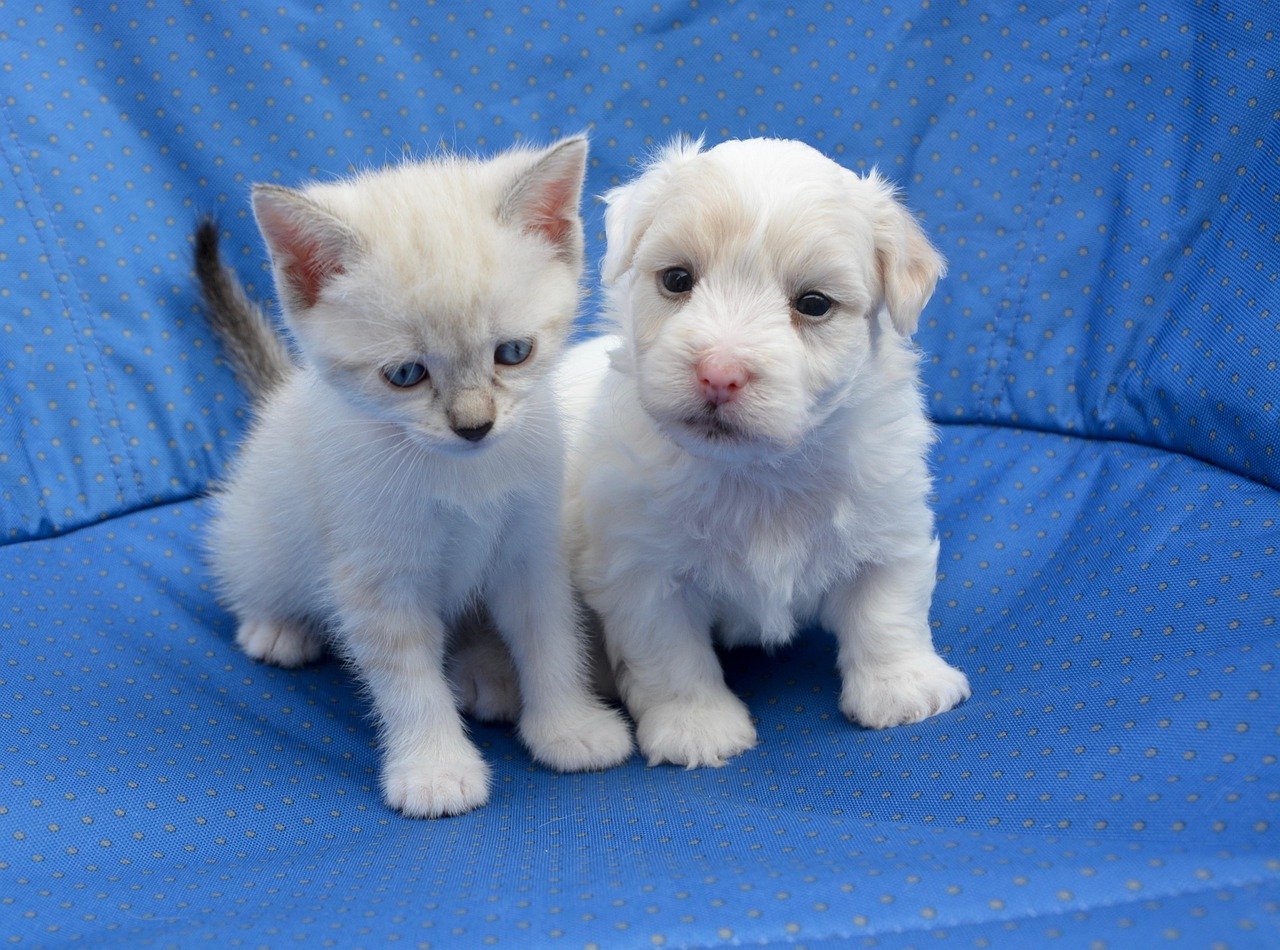
Cats living with other pets often develop their own ways of communicating. In a peaceful household, you might notice your cat quietly coexisting with their furry siblings. Lack of vocalization can indicate that boundaries are respected and relationships are harmonious. If your cat lounges quietly near a dog or another cat, it’s a beautiful sign of contentment and acceptance within the group.
The Importance of Play: Expressing Joy Without Noise
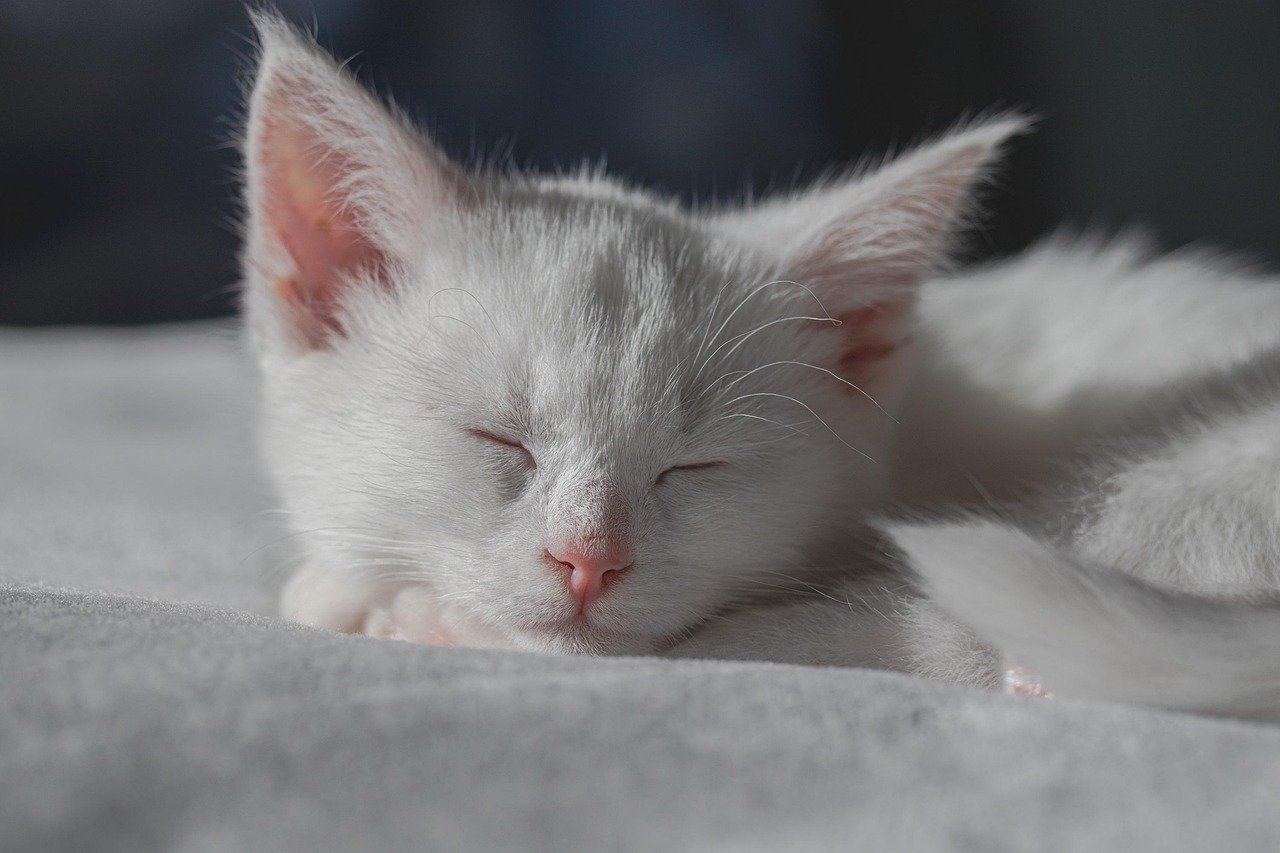
Play is essential for a cat’s emotional health, but it doesn’t always involve noisy antics. Many cats enjoy silent play, stalking toys, or batting at feathers without a sound. These playful moments are full of joy and satisfaction. A quiet cat at play is expressing happiness through movement, proving that contentment is not always loud.
Health and Well-Being: When Quietness Is a Good Sign
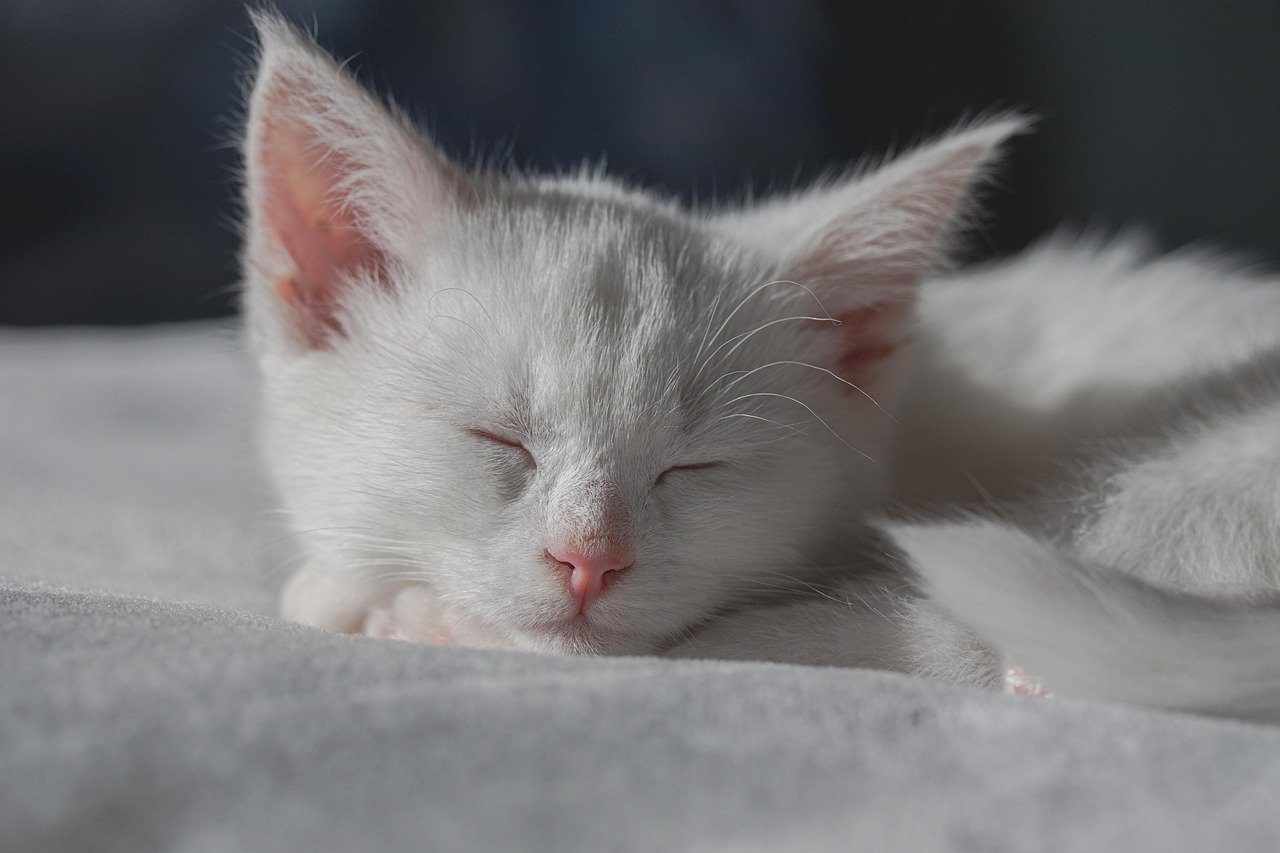
A healthy cat that is quiet, active, and has a good appetite is usually content. Regular vet check-ups ensure that their silence is not due to illness. If your cat is alert, maintains a healthy weight, and interacts with you in their own gentle way, their quietness is likely a sign of physical and emotional well-being.
Age and Maturity: Why Older Cats May Be Quieter
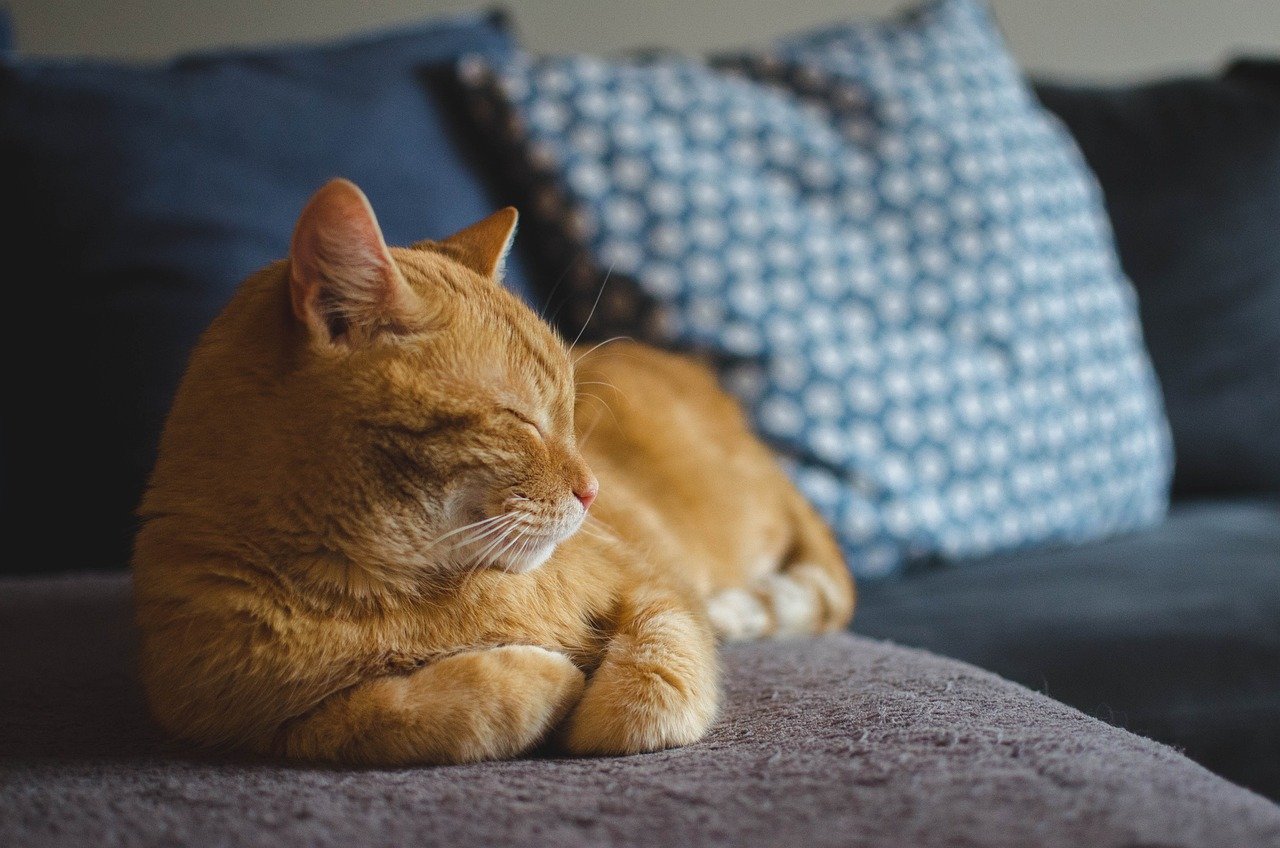
As cats age, they often become more serene and less vocal. Kittens may meow for attention, but senior cats tend to enjoy peace and quiet. This shift is a natural part of growing older and feeling more secure in their environment. An older cat’s silence is a sign of wisdom and the comfort that comes from a life well-lived.
Choosing When to Speak: The Selective Meow

Cats are selective communicators. They may choose to vocalize only when they truly need something, like food or attention. When all their needs are met, they retreat into a quiet state. This selective use of their voice is a mark of confidence and contentment. Their silence means they trust you to understand their needs without constant reminders.
The Impact of Human Emotions: Cats Reflect Our Moods

Cats are sensitive to their humans’ emotions. If you’re calm and relaxed, your cat is more likely to mirror that energy and stay quiet. Stressful environments can make cats vocal and anxious, while peaceful homes encourage tranquility. Your own mood can set the tone for your cat’s behavior, making your shared silence a powerful expression of mutual comfort.
The Role of Scent: Invisible Comfort

Scent plays a huge role in a cat’s sense of security. When they rub against you or their favorite spots, they’re marking their territory with their scent, which brings them comfort. This invisible blanket of familiarity makes them feel safe and happy, leading to more silent, content moments. Their quiet presence is the result of a world that smells like home.
Celebrating the Quiet Moments: Why Silence Is Golden
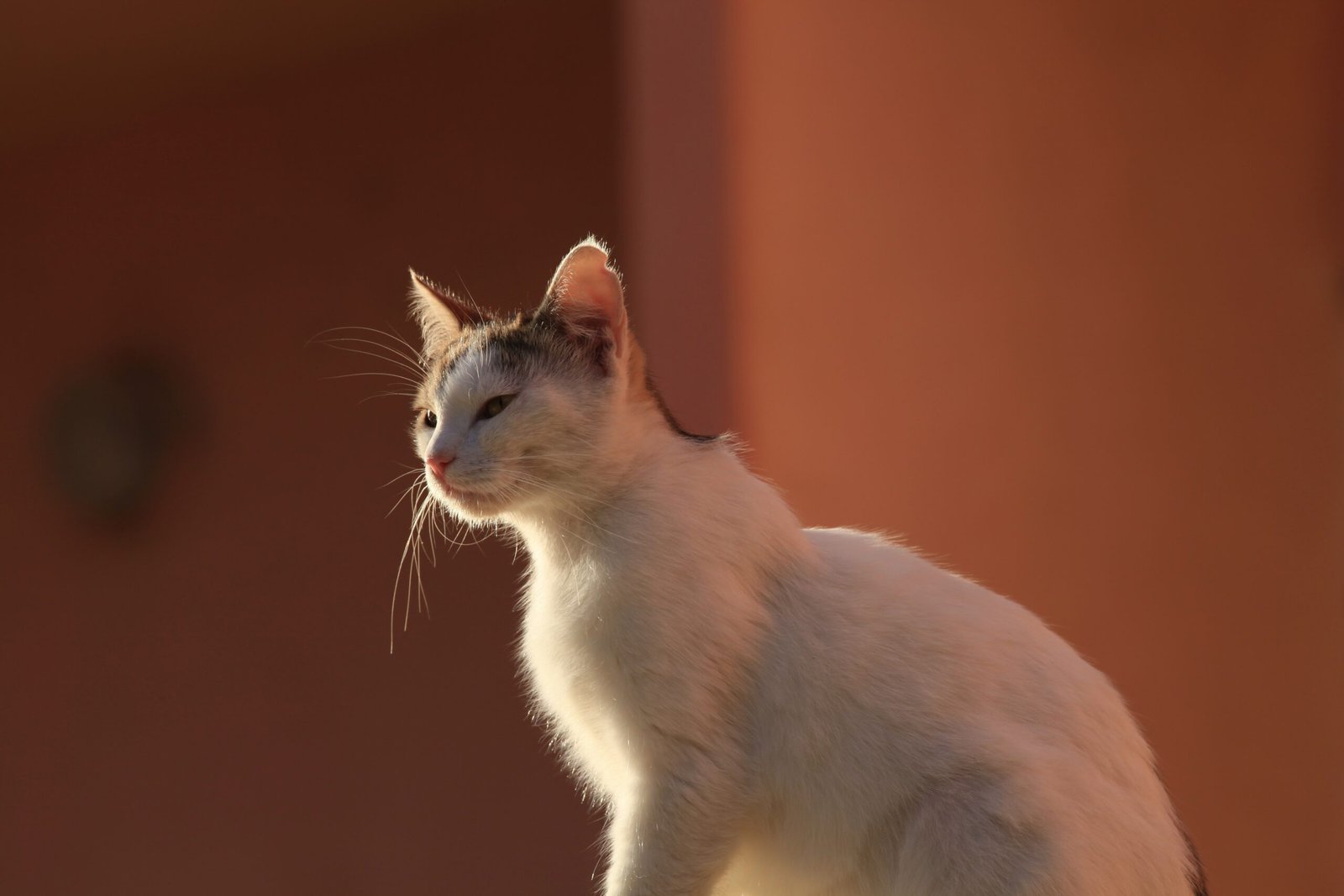
There is something magical about the quiet companionship of a content cat. Their silence is a gift—a sign that they feel happy, loved, and at peace. These moments are opportunities to simply be together, to appreciate the gentle bond you share. Next time your cat stays quiet while sitting by your side, remember: their silence speaks volumes.
Listening to What Isn’t Said: The Beauty of Feline Silence
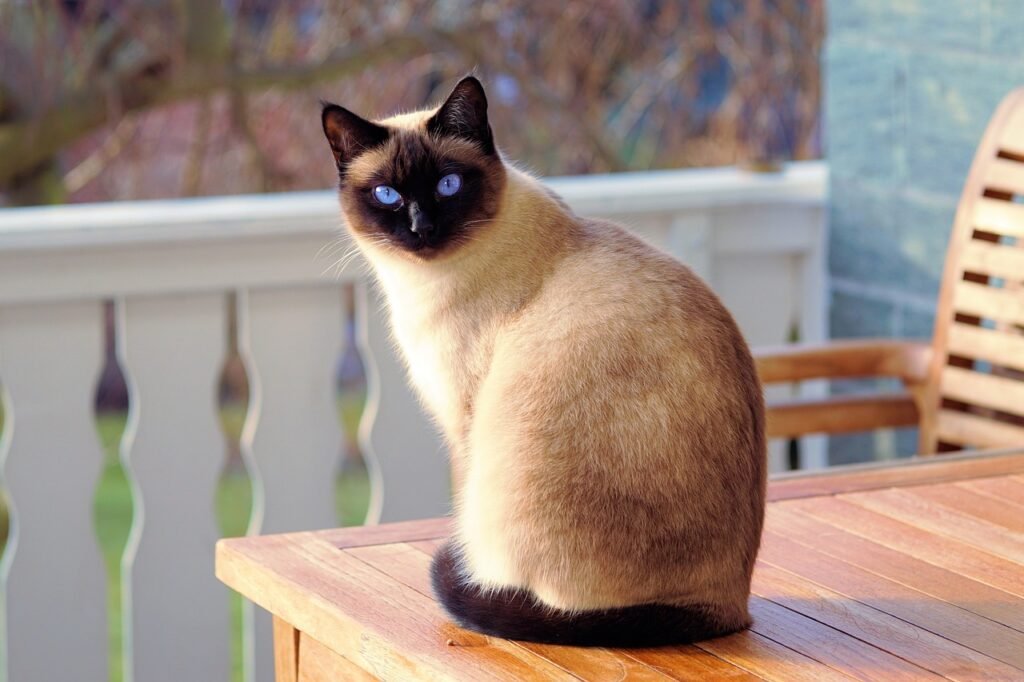
When it comes to cats, what isn’t said is often more important than words. Their quiet presence is a profound expression of trust, comfort, and happiness. By learning to appreciate and understand their silence, you deepen your connection and celebrate the unique language you share. Isn’t it amazing how much love can exist in a single, silent moment?

Esther is from India; the heartbeat of South Asia, holding a Master’s degree in Zoology and a postgraduate diploma in Animal Welfare. Her enthusiasm for animal welfare drives her passion and dedication to work for animals, ensuring their well-being and advocating for their rights. With a solid academic background and hands-on experience, she is committed to making a positive impact in the field of animal welfare. In her free time, she enjoys embroidery and sewing. As a Chennaite from Tamil Nadu, Esther loves Bharathanatyam, an Indian classical dance form.






